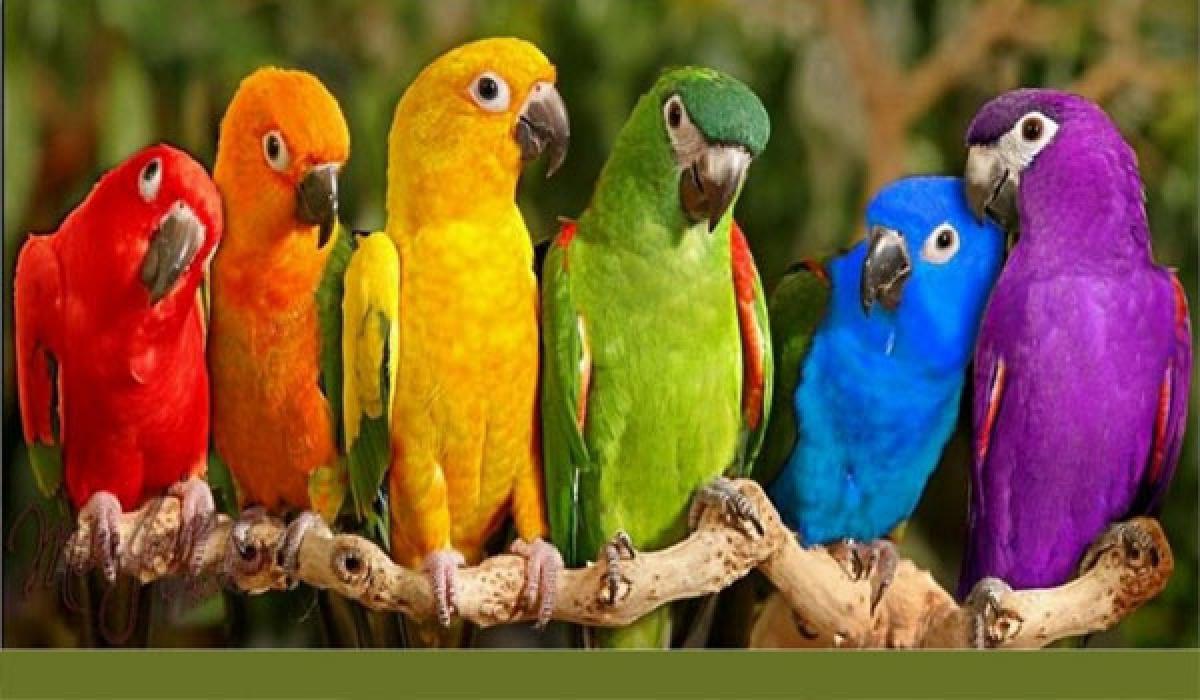Live
- If You Lose Your Phone, Lodge a Complaint Immediately - SP Gaikwad.
- TikTok Star Fun Bucket Bhargav Sentenced to 20 Years for Sexual Assault
- CM Revanth Reddy Directs Measures to Resolve Tribal Issues in Telangana
- pi-labs Unveils 2024's Top 10 Victims of AI Deepfakes: From Celebrities to Power Players
- Makar Sankranti 2025: Date, Time, Significance, and Rituals
- Amazon.in Great Republic Day Sale: Get Great Deals on Consumer Electronics
- Games24x7 announces final cohort of 17 startups for TechXpedite Accelerator Program
- Lohri 2025: Celebrating the First Lohri After Marriage
- Lohri 2025: Date, Timings, Rituals, Significance, and Everything You Need to Know
- B. Jaya: Remembering a Prominent Telugu Film Director on Her Birth Anniversary









